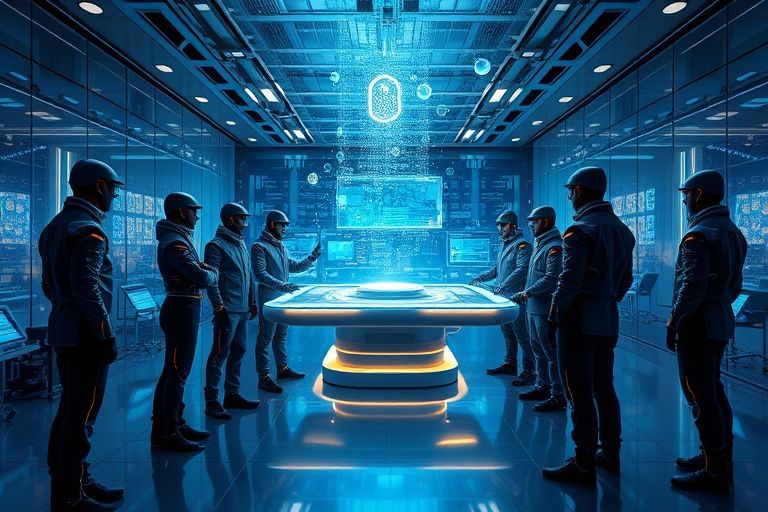
Cybersecurity is a growing concern for businesses and individuals alike as the number of cyber attacks continues to rise. In recent years, cybersecurity forensics has emerged as a critical aspect of cybersecurity. Cybersecurity forensics involves the collection, analysis, and preservation of digital evidence to investigate and prevent cyber crimes. As technology continues to evolve, cybersecurity forensics will continue to play a critical role in keeping businesses and individuals safe from cyber attacks. Here are some trends and predictions for the future of cybersecurity forensics.
Artificial intelligence and machine learning are already being used in cybersecurity to detect and prevent cyber attacks. In the future, these technologies will also play a role in cybersecurity forensics. AI and machine learning algorithms will be used to analyze large amounts of data, making it easier for forensic investigators to identify and trace cyber attacks. These technologies will also be used to develop predictive models that can anticipate and prevent cyber attacks before they happen.
Blockchain technology is best known for its use in cryptocurrency, but it also has potential applications in cybersecurity forensics. Blockchain technology can be used to securely store digital evidence, making it tamper-proof and easily accessible. This technology can also be used to establish a chain of custody for digital evidence, making it easier to track and verify the authenticity of evidence in a court of law.
As the number of cyber attacks continues to rise, there will be an increased demand for cybersecurity forensics experts. These experts will be responsible for investigating cyber crimes, analyzing digital evidence, and developing strategies to prevent future attacks. According to the U.S. Bureau of Labor Statistics, employment in the cybersecurity field is projected to grow 31% from 2019 to 2029, much faster than the average for all occupations.
As more businesses move their operations to the cloud, cybersecurity forensics will also need to adapt. Cloud-based forensics involves collecting and analyzing data from cloud-based systems. This requires specialized knowledge and tools, as well as an understanding of cloud architecture and security protocols. Cloud-based forensics will become increasingly important as more businesses move to the cloud.
The future of cybersecurity forensics is exciting and full of potential. As technology continues to evolve, so too will the methods and tools used in cybersecurity forensics. Artificial intelligence, blockchain technology, and cloud-based forensics are just a few of the trends and predictions that will shape the future of this critical field. As cyber attacks become more sophisticated, cybersecurity forensics will play an increasingly important role in keeping businesses and individuals safe.